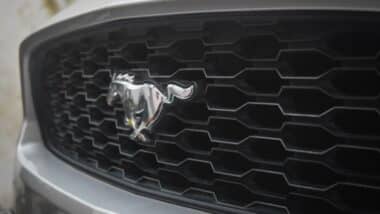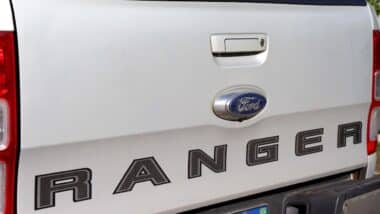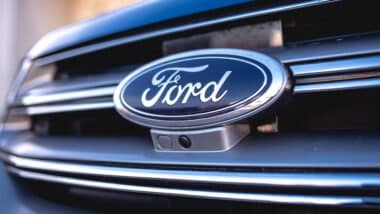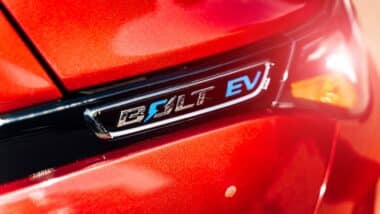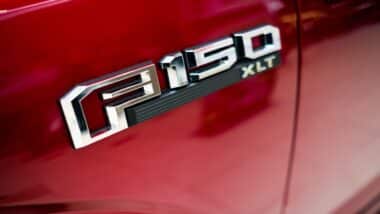 A federal judge dismissed antitrust claims against German automakers, ruling that they were too vague, but is allowing plaintiffs to amend their claim. The plaintiffs, who say that a group of five German auto companies engaged in an illegal conspiracy to fix vehicle prices, have been given an opportunity to come up with a more specific cause of action and amend their complaint.
A federal judge dismissed antitrust claims against German automakers, ruling that they were too vague, but is allowing plaintiffs to amend their claim. The plaintiffs, who say that a group of five German auto companies engaged in an illegal conspiracy to fix vehicle prices, have been given an opportunity to come up with a more specific cause of action and amend their complaint.
More Specific Allegations Required, Says Judge
According to Law360, in granting the defendants’ motion to dismiss the German automaker lawsuit, Judge Charles R. Breyer of the U.S. District Court for the Northern District of California said that the plaintiffs’ allegations “…do not plausibly support that defendants reached a ‘de facto whole car conspiracy’ to reduce innovation.”
The plaintiff’s claims were primarily based on an article, published in 2017 by the weekly German news magazine Der Spiegel (“The Mirror”). The report said that the five largest German auto companies (Audi, BMW, Mercedes Porsche and Volkswagen) had all admitted to collaboration on the development of new technologies and standards.
The admission included agreements among the “Fünfer-Kreise” (“Circle of Five”) on vehicle development, costs, suppliers and markets. The report led to an announcement by the European Commission that they were launching an investigation into possible antitrust activities.
While acknowledging that such admissions on the part of German automakers “may seem significant,” they failed to prove plaintiffs’ claim that they had agreed to stifle innovation. Furthermore, antitrust laws are different in Europe than they are in the U.S. Essentially, this means that a “possible violation” of European cartel law does not necessarily constitute a violation of the Sherman Antitrust Act.
Plaintiff Antitrust Claims
The complaint was originally filed in July 2017, shortly after Der Spiegel published its report. The plaintiffs claimed that the Circle of Five collaborated through Germany’s industry association, the Verband der Automobilindustrie in order to share data.
This by itself is not illegal under European and German law; according to a Volkswagen spokesperson, such collaboration is not unusual, and can even be helpful to consumers in establishing industry standards and creating better products.
Specifically, plaintiffs pointed to an agreement that would limit the size of a tank designed to hold a special fluid, sold under the brand name “BlueDEF” among others, that reduces the amount of nitrous oxide in diesel exhaust.
The plaintiffs also claimed that the said agreement was behind the development of the “defeat device” that was at the heart of Volkswagen emissions scandal, according to Clean Energy Wire, in which the company was found guilty of criminal fraud and ordered to pay a $2.8 billion fine.
In addition, plaintiffs pointed to other agreements that allegedly limited technological innovation, including standardization of suspension, brake controls, and seating system components. They claimed such agreements stifled market competition.
Judge Breyer said that such standard-setting “serves many useful ends” by protecting consumers from inferior products and increasing the availability of parts my making them interchangeable.
The Case is Not Over
A group of similar antitrust lawsuits were filed in New Jersey in 2017, but were eventually dropped. However, Judge Breyer has granted plaintiffs in California 45 days in which to amend their complaint to include specific allegations.







